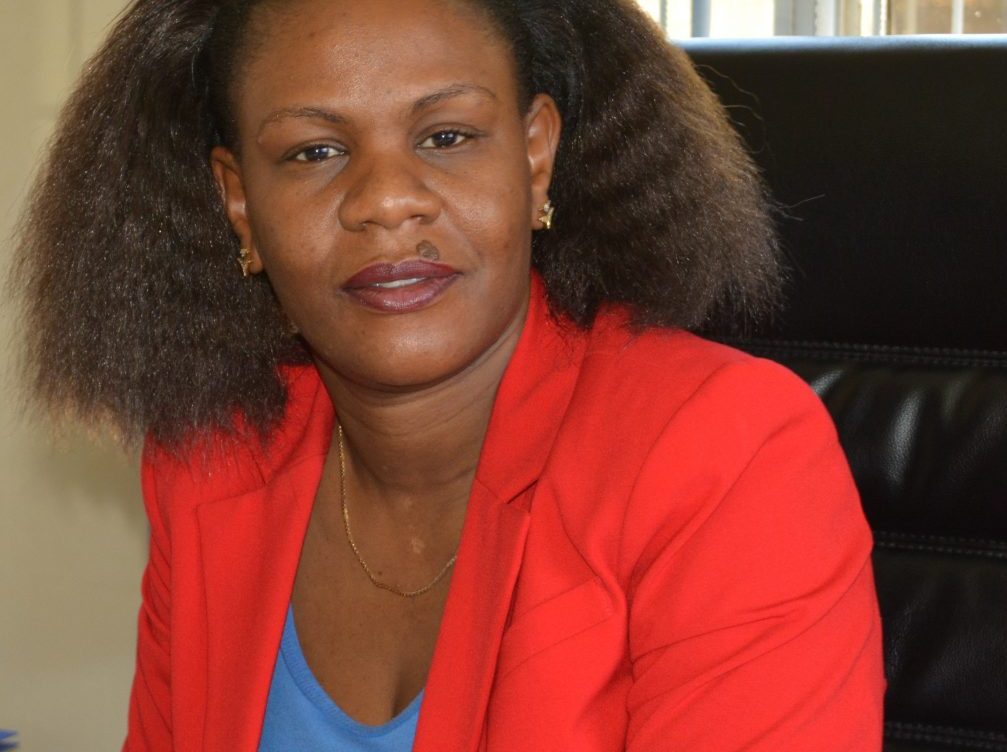
One for the women…
By Lilian Saka Kiefer
I read with pride and great delight the article about the appointment of Lieutenant Colonel Mwizukanji Namwawa to the position of Director of Army Legal Services in the Zambia Army. Although the article did not indicate this highly accomplished young woman’s age, it mentioned that she is the youngest female Lt. Colonel in the history of Zambia’s defense force.
In the years that I have been in the trenches advocating for women empowerment, I have been – and continue to be — actively involved in debates about breaking the glass ceiling, allowing women to excel in fields that are predominantly male-led. Debates on this subject have acknowledged the challenge women go through in their quest to excel in pretty much every field more so, if they are seen to be squeezing themselves into positions considered a preserve for men.
I would imagine that the military is one of the most difficult fields for women to excel to such a high level. Of course, I can sense some reactions trying to justify how women who have made it did not really deserve it but structure A or structure B favoured them. This is a normal reaction that aims to dampen women’s achievement. Why for instance did the structure A or structure B not favour a male, as has been the case with others behind them?
The playing field is not level. Women have had to work twice as hard as men to prove that they can do it. Even when they do it, there is always this lingering doubt of their ability, where society comes up with all manner of reasons to explain why it is not a her ability but good luck, or some invisible male hand.
This debate has taught me that these prejudices are not only championed by men. Women are socialised by the same values that makes us doubt our own abilities and therefore we doubt ourselves and doubt other women too. This does not come surprising because even smart women — highly skilled and equipped with knowledge — were socialised in a way that makes them believe that their male counterparts who may even know less than they do and are less equipped than them are better and can deliver better than them. It is difficult for such women, though not through a fault of their own, to believe in women’s abilities? This raises the question: How can this be when they do not believe in their own abilities as a woman? This does not necessarily mean women do not support women. No. Women do support women, and women do question other women’s abilities in the same way they question men’s abilities. However, this is all done in the shadow of the prejudices that patriarchy has enforced on us.
Does this mean there is no way out? Absolutely not. There is a way out. In fact, many ways out. Already we have seen a lot of progress, with women breaking the glass ceiling. Advocates for women’s rights have set the platforms where such prejudices are interrogated and debunked. As this championing of women’s rights goes on, upcoming women feel liberated to take up the challenge as they are cheered on by the crowd of activists. Some of our activists will not hold the high positions, they delight in seeing upcoming young women take up the challenge and prove them right. Knowing that their advocacy was not in vain is their greatest achievement, as they watch other women excel and break the glass ceiling.
Deeply reflecting on this, I applaud all the champions for women’s rights that have carried the agenda. I celebrate the many women who are blazing a trail for other women to break the glass ceiling, the likes of Madame Beatrice Grillo, Madame Sara Longwe, Rev Suzanne Matale, and many others. When the glass ceiling was very thick, they were not overwhelmed, they pushed on, they believed in it and they still do.
However, the struggle continues. The challenges that stand in the way of women are still highly prevalent, but they are not insurmountable. Deliberate efforts must be made to uplift women for the sake the development of our society. Step by step, day by day, from one woman to another, we will get there.
The author is Executive Director of Panos Institute Southern Africa. For feedback, email: lilian@panos.org.zm.